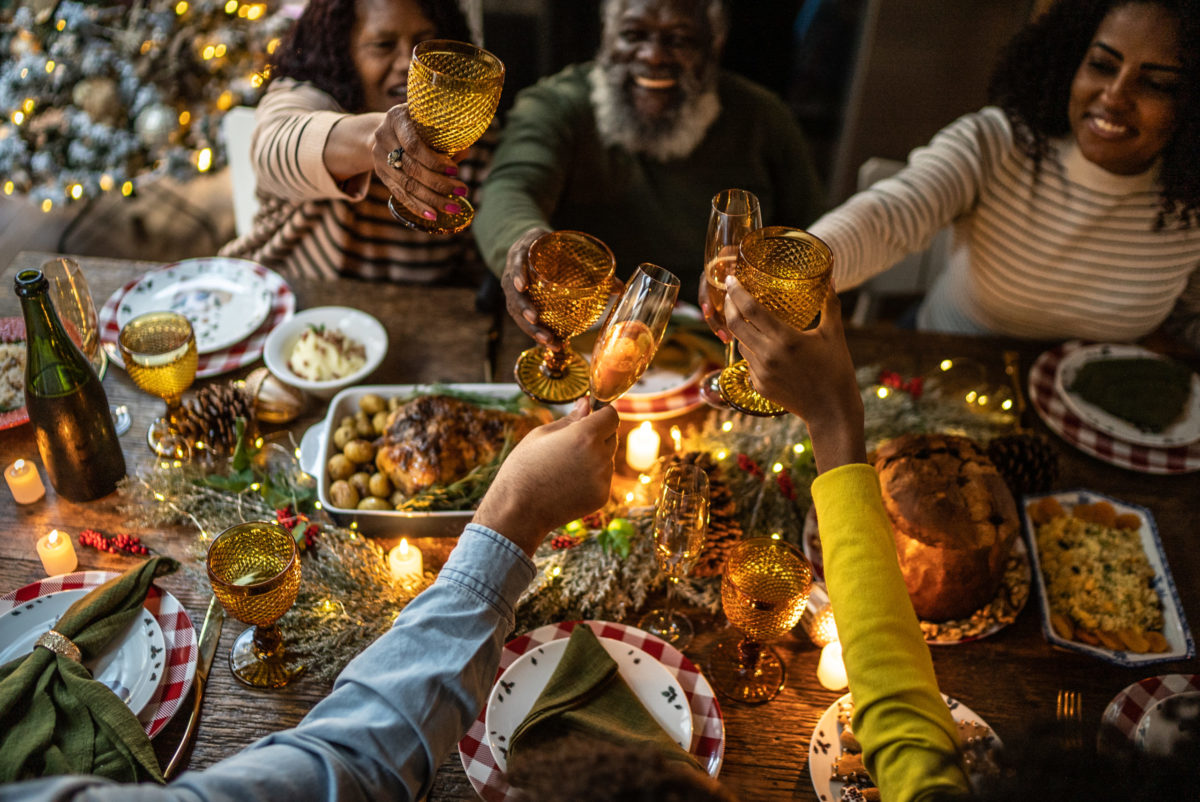Philadelphia’s cultural tapestry
By Najja R. Orr, MBA, DBA, PCA president & CEO
Our city is a melting pot of people from varied cultures, backgrounds and ethnicities, creating a rich tapestry of people. It is this mixture of diversity that creates the foundation for our cultural heritage.
Older adults take charge as the leaders, caregivers, historians and decision makers for their families. Many family or cultural traditions were passed down from their elders, and older adults work to keep these beloved traditions alive for future generations. In this month’s diversity-themed issue of Milestones newspaper, you can learn about family-friendly cultural activities taking place in Philadelphia (pages 4, 8 and 9) and the Christmas traditions of immigrants (page 10), as well as the unique bonds of the LGBTQ+ older adult community (page 7).
Diversity adds depth to our city, but there are also unique challenges for ethnic minorities. Racially diverse communities often have difficulty accessing social, health and wellness programs. Language and literacy barriers make it difficult for limited- or non-English speakers to effectively communicate with health care professionals and community-based organizations. Additionally, the American health care system can be especially challenging to navigate for people from different cultures. (For more information, read the article in Milestones about wellness in diverse older adult communities on page 11.)
Stronger collaboration is needed between community, social and human service agencies, medical providers and insurance/payers to address racial and ethnic health care disparities. This is overdue. It is time for significant change, systemwide. We need to make common-sense goals and work together for serious change.
Until this change is realized, people with limited-English proficiency will need to advocate for themselves and utilize all available language resources to connect with community resources.
The City of Philadelphia is committed to ensuring that all people have access to City services and information in their native language. For general information about City government services, dial 311 and request an interpreter. For emergencies, dial 911 and request an interpreter. Tell the operator your location and the language you need. Do not hang up while waiting for an interpreter.
If you or someone you know is having difficulty accessing social or health care services for older adults or people living with disabilities due to language, cultural or other barriers, you can call the PCA Helpline at 215-765-9040, weekdays from 8:30 a.m. to 5 p.m. The PCA Helpline uses an on-call language interpretation service to communicate with callers in any language.




